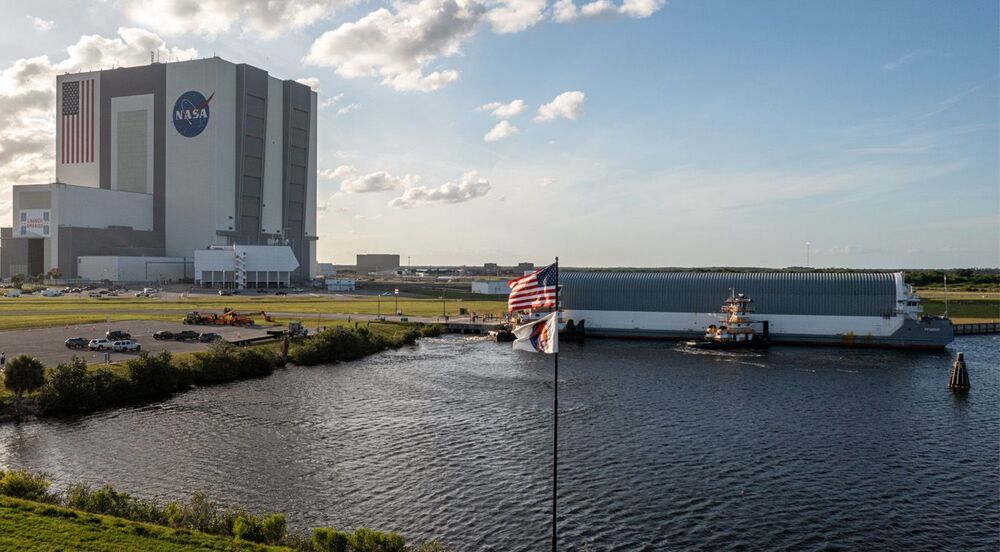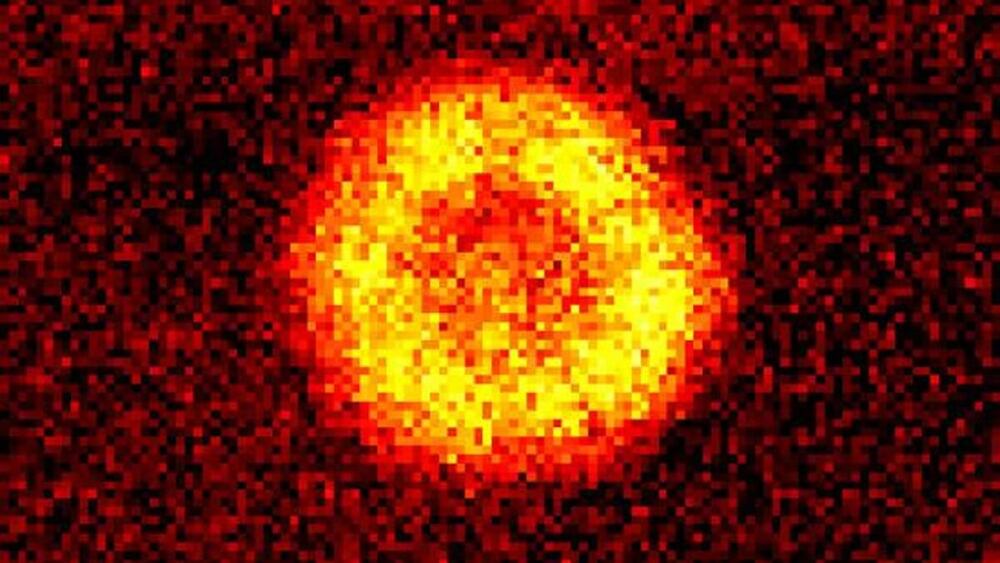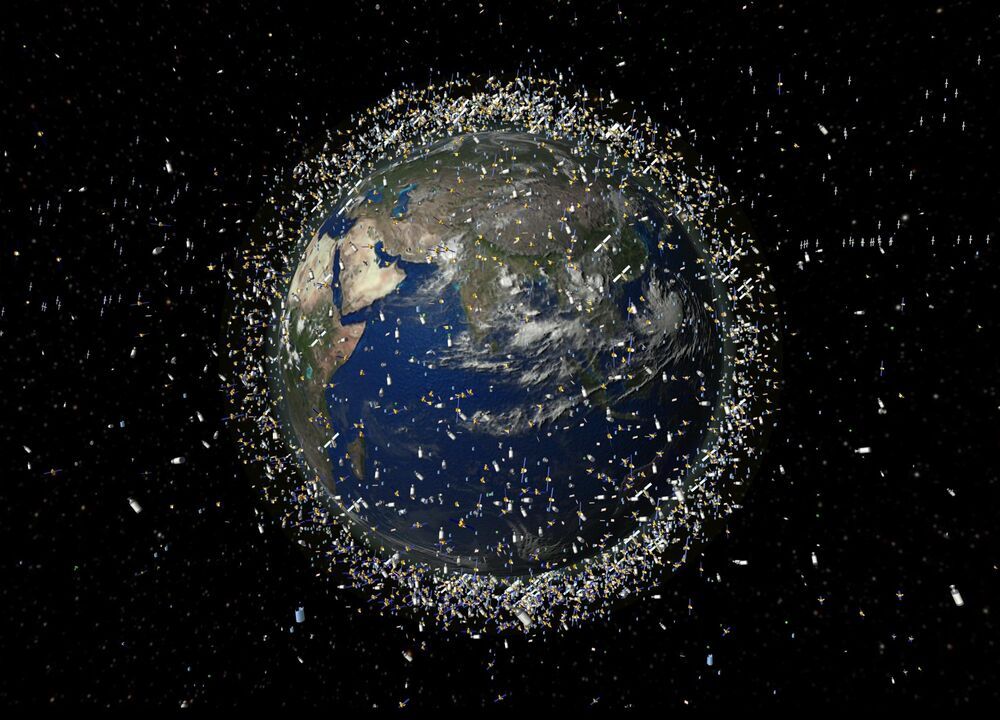NASA’s long-delayed Space Launch System (SLS) is finally beginning to take shape. Following a number of impressive engine tests, the various components of the first full spacecraft have all arrived at NASA’s Kennedy Space Center, including the newly arrived core stage. That part of the mega-rocked floated up to the spaceport on a 310-foot barge earlier this week.
The Space Launch System was envisioned as a replacement for the aging Space Shuttle, and one that could help humanity move beyond low-Earth orbit once again. Since the end of the Apollo program, we’ve been limited to hovering over our little blue marble, but the SLS has enough power to send crewed spacecraft back to the moon. That’s why it’s at the heart of the Artemis program. In the coming years, Artemis will deliver the first human explorers to the moon’s surface in half a century, and among them will be the first woman and person of color to walk on the lunar surface.
Before arriving at KSC on the agency’s Pegasus barge, the 212-foot core stage was at the Stennis Space Center in Mississippi. That’s where NASA ran the recent Green Run tests. The first static fire test in January ended early, after approximately one minute. NASA later confirmed this was the result of a failsafe system being triggered. In the subsequent March test, the rocket’s RS-25 engines ran for more than eight minutes, matching what they’ll have to do when the rocket launches for real.






